Orthopedic & Pelvic Health
Alleviate Your Symptoms
Rebuild Your Confidence
Rediscover your strength
"Breathe through the discomfort, and remember why you started. A pain-free life is waiting for you"
- Dr. Sandy
"Facing pelvic pain is brave. Seeking help and working towards healing is even braver"
- Dr. Sandy
"Are you ready to say goodbye to pelvic discomfort, low back pain & sexual dysfunctions?"
- Dr. Sandy

A Little Bit About Dr. Sandy
Your Ortho / Pelvic Doc
Hey There! I'm a physical therapist specializing in orthopedic and pelvic health, aiming to provide men and women with solutions to pelvic health and orthopedic challenges they once thought were insurmountable. With a unique skill set that spans the complexities of the human body, I'm all about creating transformative experiences for my clients.
From overcoming the challenges of runners knee pain and cyclists groin pain, to navigating the complexities of testicular pain, pelvic organ prolapse, pain with sex, and activity-induced leaking, I'm here to transform lives.
And for you first-time moms out there, embarking on this beautiful journey, I've got your back, ensuring that your transition into motherhood is as smooth and joyful as possible. Let's embark on this exhilarating adventure together, and watch as we unlock levels of health and happiness you've only dreamed of.
You have the opportunity to work directly with me for:
Personalized 1:1 support and guidance throughout your journey
Rediscover the true essence of health within your body
Reclaim confidence both within yourself and at the gym
Experience comfort in your own skin and ignite passion with your partner
Orthopedic
Physical Therapy
Low Back Pain
Sciatica
Groin Injuries
Knee Pain
Pelvic Health
Physical Therapy
Pelvic Floor Tension
Postpartum Recovery
Low Pain & Pelvic Pain
Incontinence
Erectile Dysfunction
Testicular Pain
Cycling Groin Injuries
Learn More About Your Body

Why Does My Jaw Click? 🤔 Understanding TMJ Disorders
“If the muscles around your jaw are tight or overworked, they can pull the joint slightly out of alignment" - Dr. Sandy Shulca, DPT
Introduction:
Have you ever opened your mouth wide or chewed something and heard a clicking or popping sound in your jaw? If so, you’re not alone. This is a common issue that many people experience, and it can be both annoying and worrisome. But what causes this jaw clicking, and should you be concerned? Let’s dive into the details to understand what’s going on.
What Is TMJ?
First, let’s talk about the TMJ, or temporomandibular joint. This joint connects your jawbone to your skull, allowing you to open and close your mouth, chew, speak, and even yawn. It’s one of the most complex joints in the body because it needs to move in multiple directions—up and down, side to side, and even forward and backward.
What Causes Jaw Clicking?
Jaw clicking often happens when something’s not quite right with the TMJ. Here are some common reasons why you might hear that click:
Muscle Tension: If the muscles around your jaw are tight or overworked, they can pull the joint slightly out of alignment, leading to a clicking sound. This often happens if you’re stressed or if you clench or grind your teeth, especially at night.
Displacement of the Disc: Inside the TMJ, there’s a small, soft disc that acts as a cushion between the bones. Sometimes, this disc can shift out of place, causing a click or pop when you open your mouth. This is known as a displaced disc and can be a common cause of jaw clicking.
Arthritis: Just like other joints in your body, the TMJ can develop arthritis. This can cause the joint to wear down, leading to a clicking sound, along with pain and stiffness.
Jaw Injury: If you’ve had an injury to your jaw, it could have affected the TMJ. Even something like a hard hit to the face or a fall can cause issues with the joint, leading to clicking or popping sounds.
Should You Be Concerned?
Occasional jaw clicking isn’t usually something to worry about, especially if it’s not accompanied by pain. However, if you’re experiencing frequent clicking, pain, difficulty opening or closing your mouth, or if your jaw feels stuck or locked, it’s a good idea to see a healthcare professional such as a physical therapist. These could be signs of a more serious TMJ disorder (often called TMD).
How Can Physical Therapy Help?
Physical therapy can be very effective in treating TMJ disorders. A physical therapist can work with you to:
Reduce Muscle Tension: Techniques like massage, stretching, and specific exercises can help relieve tension in the muscles around the jaw and neck, reducing pain and clicking.
Improve Jaw Alignment: By teaching you exercises to strengthen the muscles that support your jaw, a physical therapist can help improve alignment, reducing the chance of your disc slipping out of place.
Increase Mobility: If your jaw feels stiff or locked, physical therapy can help increase its range of motion, making it easier to open and close your mouth without discomfort.
Promote Relaxation Techniques: Stress is a common trigger for TMJ issues. A physical therapist can guide you in relaxation techniques to reduce jaw clenching and teeth grinding, which can help prevent jaw clicking.
What Can You Do at Home?
There are also some simple things you can do at home to help manage or prevent jaw clicking:
Minimize Chewing Gum: Constant chewing can put extra strain on the TMJ. Give your jaw a break by skipping the gum.
Practice Good Posture: Believe it or not, your posture can affect your jaw. Try to sit and stand up straight, keeping your head aligned with your spine.
Use Warm Compresses: Applying a warm compress to the jaw area can help relax the muscles and reduce tension.
Avoid Hard or Chewy Foods: Foods like nuts, candies, or even crunchy vegetables can put extra stress on the TMJ. Stick to softer foods if you’re experiencing symptoms.
The Bottom Line
Jaw clicking is common, and while it’s not always a cause for concern, it’s important to pay attention to what your body is telling you. If the clicking is frequent or accompanied by pain, seeing a healthcare professional like a physical therapist can help you address the issue before it becomes more serious.
Remember, taking care of your jaw health is just as important as caring for the rest of your body. With the right approach, you can keep your TMJ in tip-top shape and enjoy a click-free life!
Other Resources
Pricing Table

Physical Therapy
Orthopedics
$200
Experience a thorough orthopedic movement screening inclusive of functional movements, manual techniques and tailored treatment plan to help achieve your goals

Wellness Services
$97
Click on the "Services & Pricing" tab to see all services provided

Physical Therapy
Pelvic Floor
$200
Experience a thorough pelvic health screening inclusive of manual techniques, functional movements, and tailored treatment plan to help achieve your goals
Treatments
Physical Therapy
Low Pain & Pelvic Pain
Cycling Groin Injuries
Running knee/hip injuries
Incontinence
Pelvic Floor Tension
Postpartum Recovery
Testicular Pain
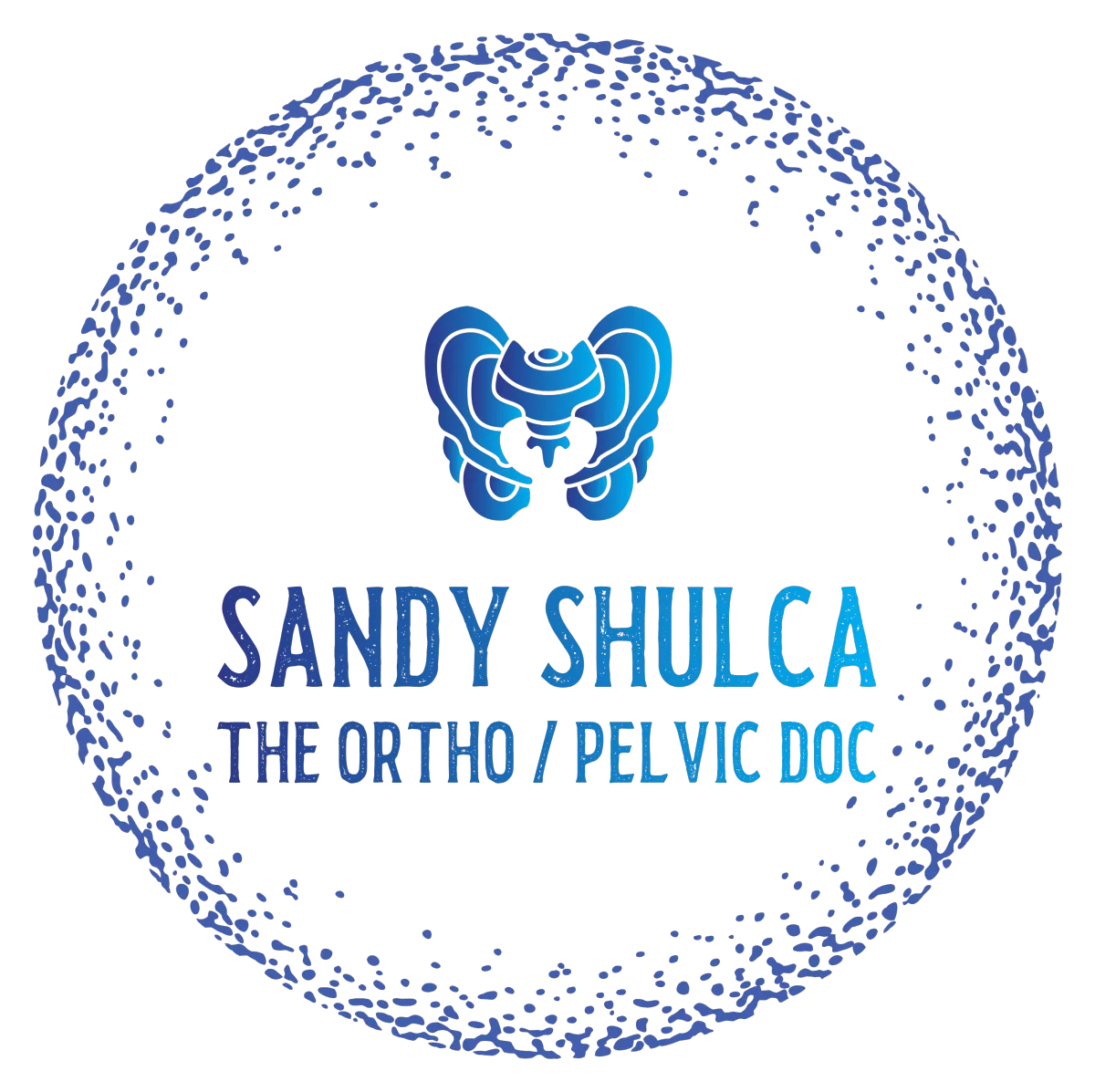

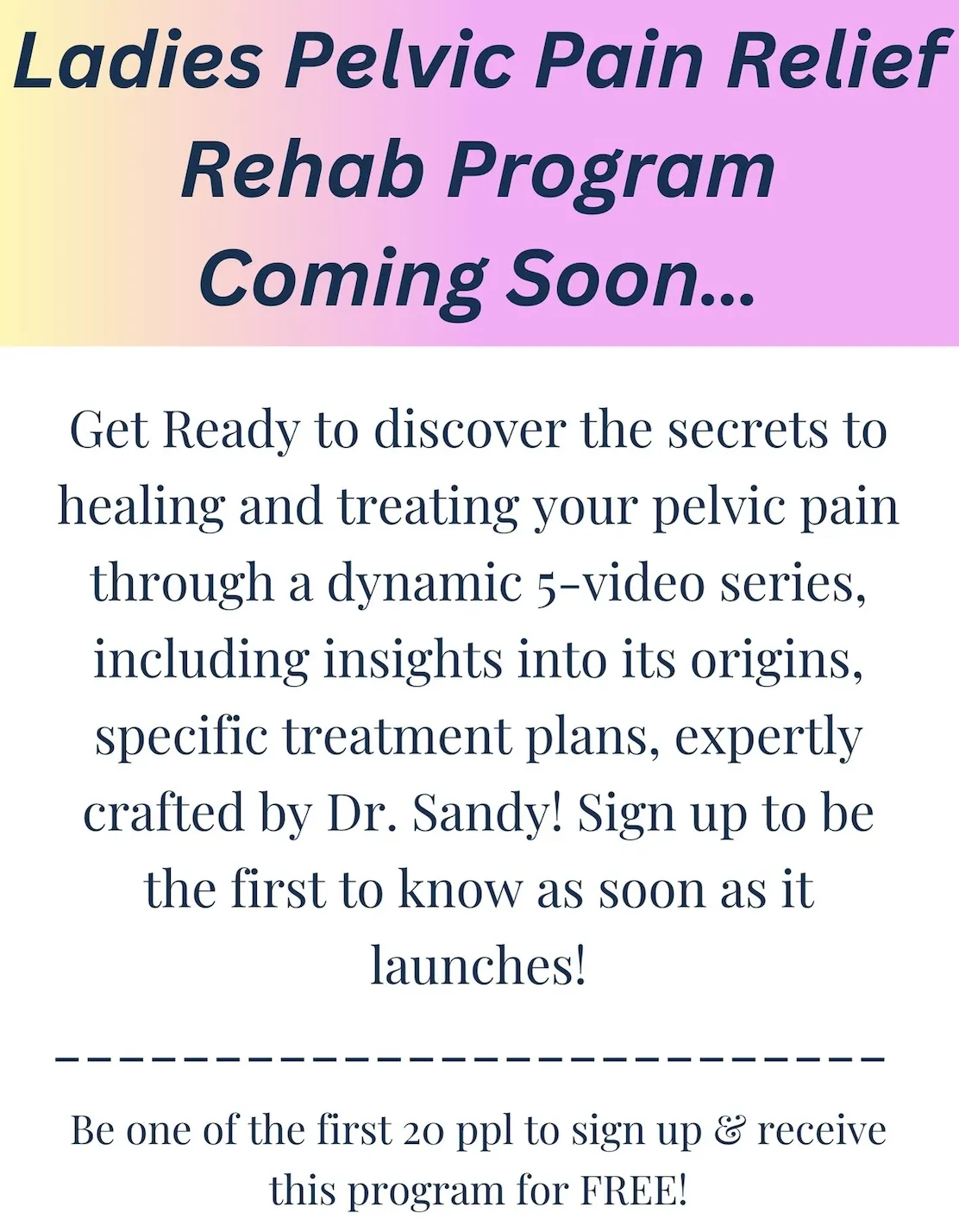
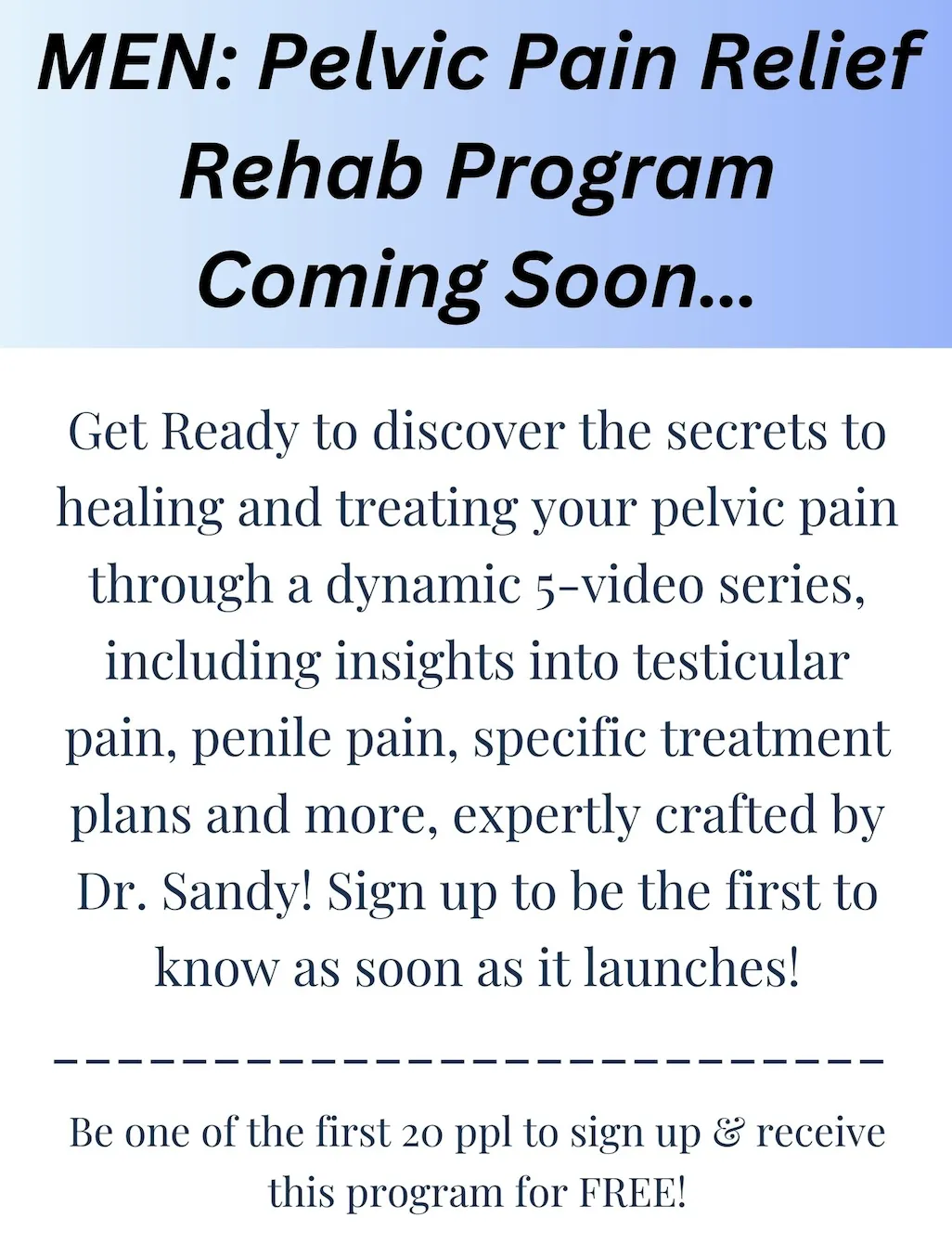
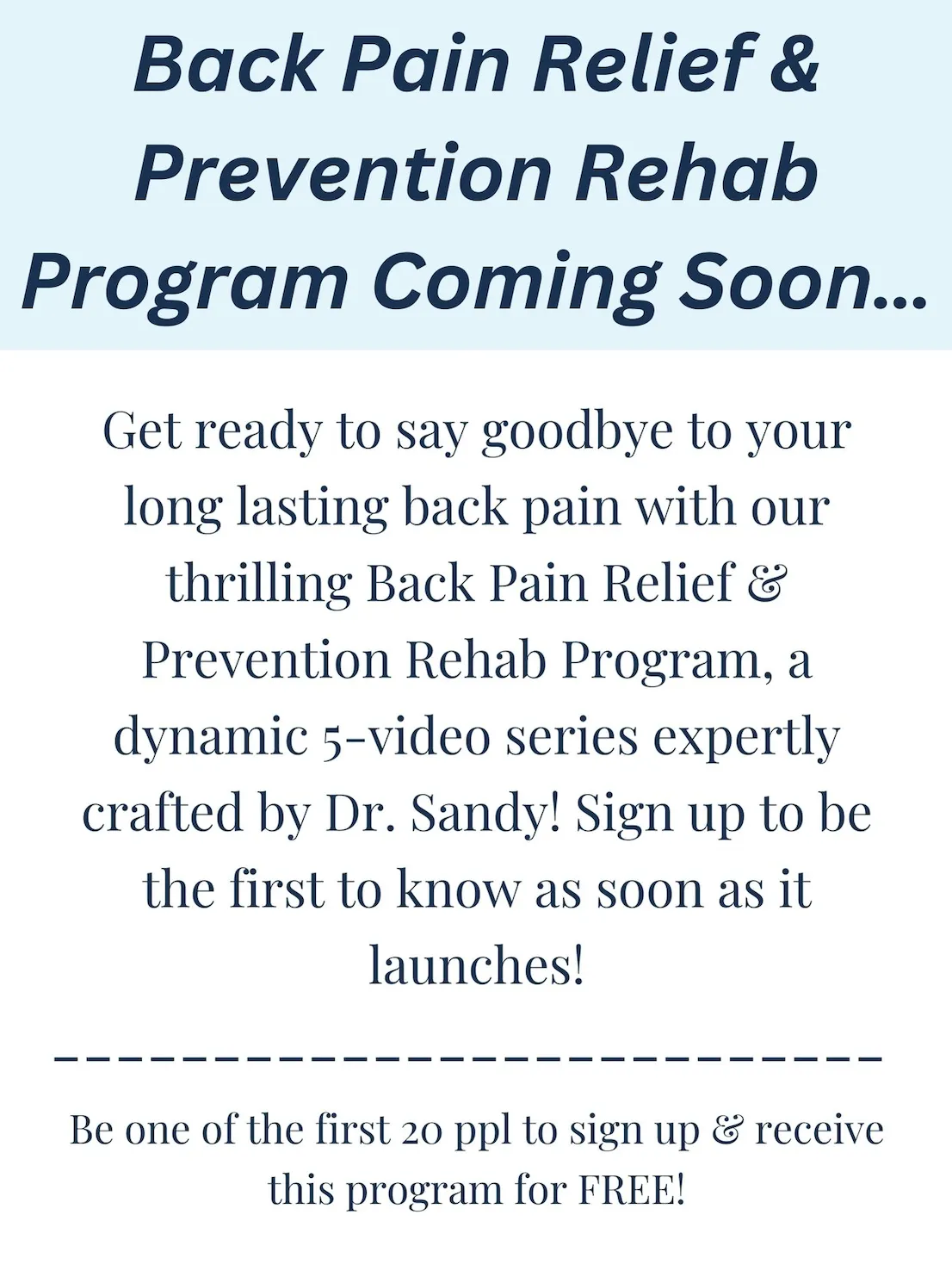
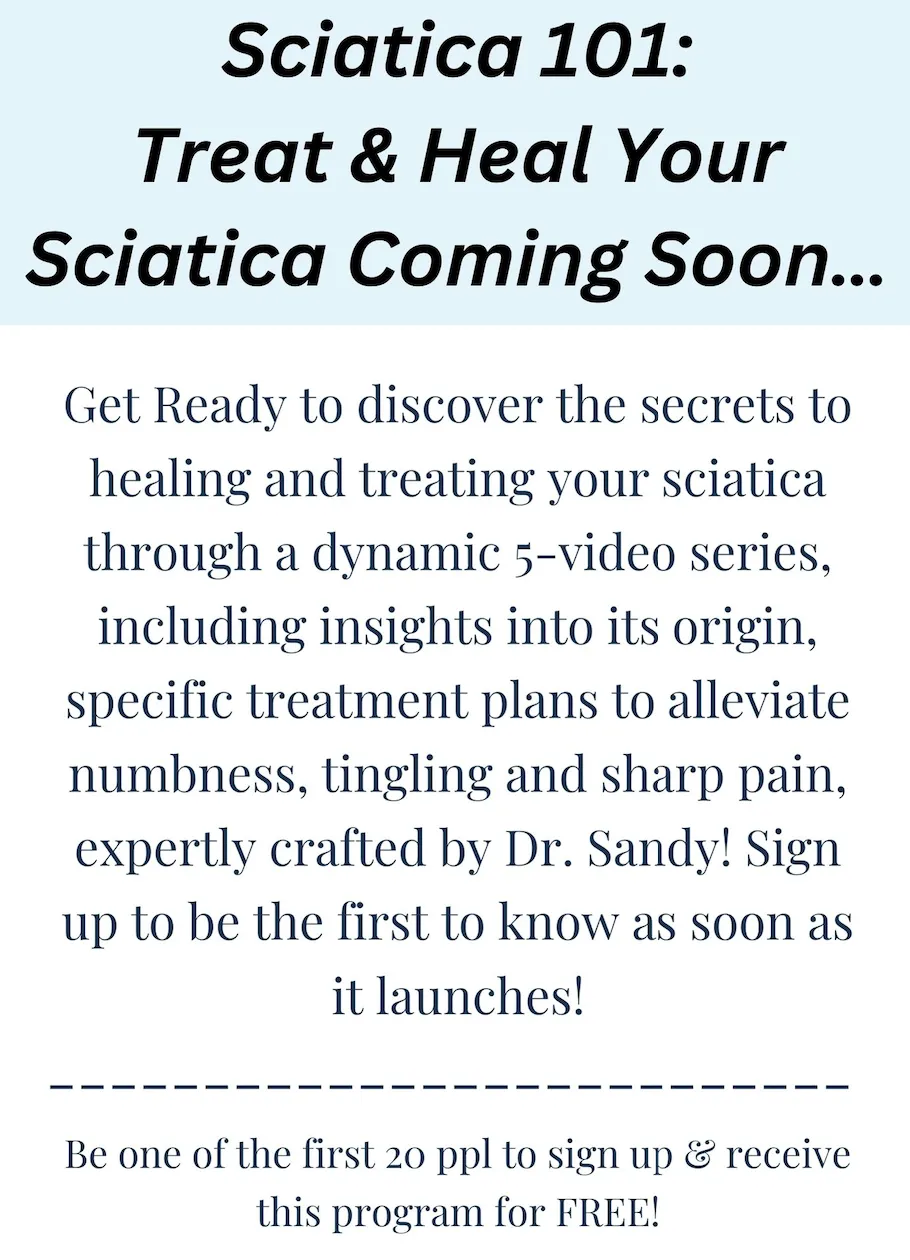
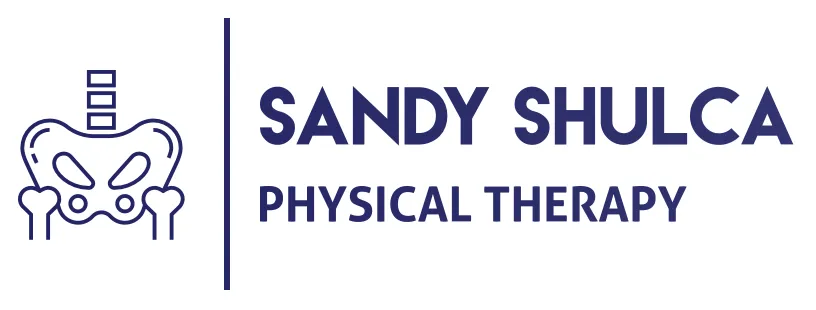
Instagram
Facebook
Youtube